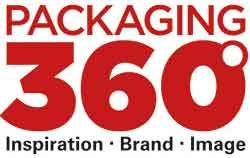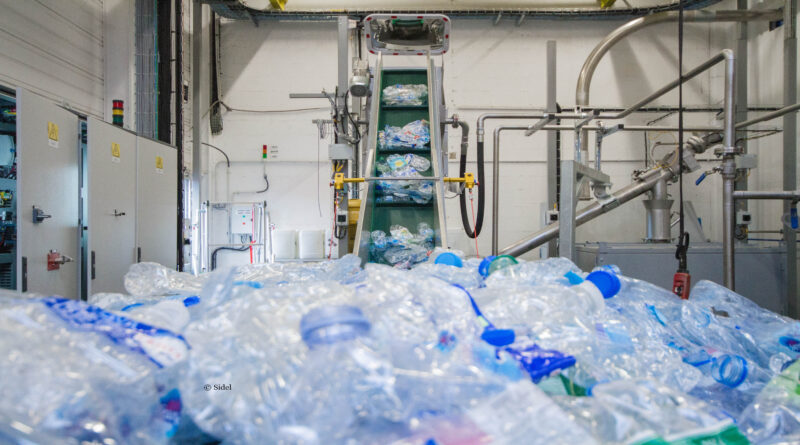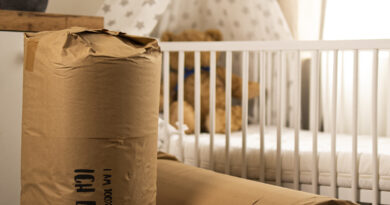Sidel Opens Pilot Plant for PET Recycling
Sidel has opened a new center for PET recycling. At the only PET recycling pilot plant to date in Octeville, France, the company aims to deepen its expertise in PET recycling to fully support market players in the switch to recycled PET.
The packaging industry is increasingly replacing virgin PET with recycled PET. Sidel is committed to the shift to circular economy packaging solutions so that more r-PET can be used. With a new PET recycling plant, Sidel aims to deepen its expertise in recycling PET bottles for the food industry. As Sidel packaging experts evaluate the effect of additives and primary packaging materials on recycled PET, the facility will be a valuable reference center for raw material producers, recyclers, and recycling industry regulators, the company says.
Demand for r-PET is growing, and the market is changing as brand owners look for carbon-neutral solutions. Packaging made from recycled PET now accounts for 8 percent globally, up from 5 percent in 2018, and the European average is already at 15 percent, according to the Ellen MacArthur Foundation’s Global Engagement 2021 Progress Report.
“The trend toward recycled PET is strong, but demand is outstripping supply,” says Naima Boutroy, global packaging market expert at Sidel. “The industry still has a lot to learn, and we can provide valuable insights. PET recyclate comes in varying degrees of purity, so standardization has yet to be introduced. We have to take that into account to produce optimal bottles. Our facility will test the recyclability of post-consumer PET bottles made from different feedstocks, including additives and closures, as well as labels, inks, and adhesives. As we increase r-PET capacity, we will work with Sidel’s usual customers – brand owners, converters, and contract packers – as well as partners such as raw material producers, recyclers, and regulators. We can also see whether innovations are compatible with bottle-to-bottle recycling.”
Fully equipped plant analyzes entire process
Sidel’s new plant will be fed with raw material from industry partners such as sorters, recyclers, and brand owners. She says the facility covers all process steps of recycling: from washing, drying, and extruding the pellets to the solid state polymerization (SSP) process, including special process and laboratory controls at each step.
More sustainable with PET
“PET is the only food-grade material proven suitable for bottle-to-bottle recycling, but the market does not yet produce standardized PET recyclate in large quantities; doing so would facilitate the market’s shift from PET to r-PET. Life cycle analysis shows that PET already has the best carbon footprint among currently available materials. If we establish a solid recycling loop, creating a full circular economy on a large scale, PET will be even more sustainable”, says Boutroy.




